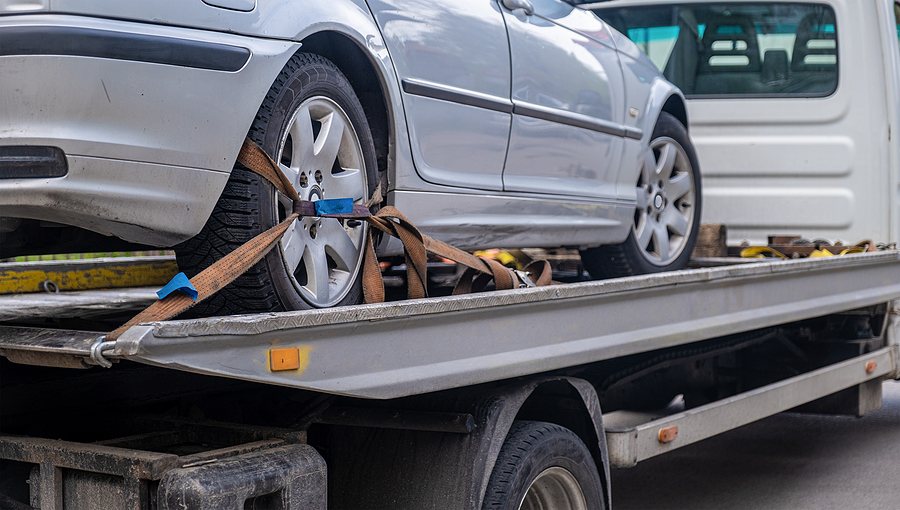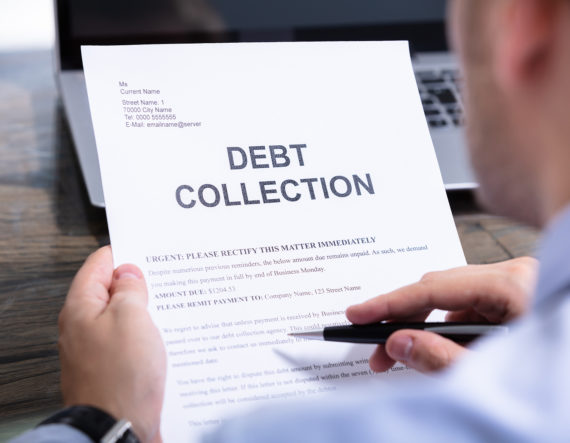
Ask an Expert: Should I Settle My Car Loan?
The NFCC often receives readers questions asking us what they should do in their money situation. We pick some to share that others could be asking themselves and hope to help many in sharing these answers. If you have a question, please submit it on our Ask an Expert page here.
This week’s question: I had a car repossessed 2 years ago and the finance company recently sent me a letter offering me a settlement offer that would allow me to settle my account in full. The amount they are willing to accept is about 30% of the balance owed. How should I go about rebuilding my credit and resolving this repo? I’ve heard that paying a settlement offer doesn’t always improve your credit.
There’s some truth to what you’ve heard about debt settlements in general. Settling your debt is usually considered a last resort strategy because of its adverse effects on credit. And creditors will notice that you breached your contract and did not pay what you owed in full. However, in some cases, settling a debt can be a permanent solution to deal with a debt that you couldn’t otherwise pay off. When you settle a debt, your account balance is brought to zero and reports as “settled in full,” allowing you to start rebuilding your credit.
How a Settlement Affects Your Credit
When it comes to how a particular action affects your credit, there’s no way to determine how much your score can increase or decrease. It all depends on how high your credit score is when the event happens. The higher the score, the more severe the damage. Since you defaulted on your loan two years ago, there’s probably some extensive damage in your credit already. This includes a history of missed loan payments, the defaulted loan and any collection activity on this account. Although paying a loan in full would be the best alternative, it won’t give you the credit boost you expect. Your negative credit history will remain on your credit report for seven years after the day of the last activity on your loan. So, in comparison, a debt settlement would be a better option than not paying at all, and depending on your credit, slightly worse than paying your car in full.
Another thing to keep in mind when considering if settling this loan is right for you is that credit scoring models favor recent information more favorably. So the adverse effect of any negative information you have on your credit reports will diminish as time goes by.
Debt Settlement Beyond Your Credit
Most people worry about how debt settlements will impact their credit. But, settling debts have far-reaching consequences that could be costly to consumers. Whenever a lender forgives a portion of your debt greater than $600, the IRS will collect taxes on the forgiven amount. After you pay the debt, the lender will send you a Form 1099-C with details about the forgiven debt. To determine how this could affect you, ask a certified tax advisor.
Start Rebuilding Your Credit Today
Improving your score after a repossession will take time. It would be best if you focused on adding new positive monthly activity to your credit reports. The most important thing to do is to always pay all your other accounts on time and focus on keeping your credit card balances low. You should also avoid getting new credit unless it’s essential. Your credit journey and rebuilding strategy will be unique to you and your current circumstances. So, I encourage you to work with an NFCC Certified Financial Counselor to review personalized strategies and create a plan to find the right solution for you. Good luck!
The post Ask an Expert: Should I Settle My Car Loan? appeared first on NFCC.
Read more: nfcc.org




